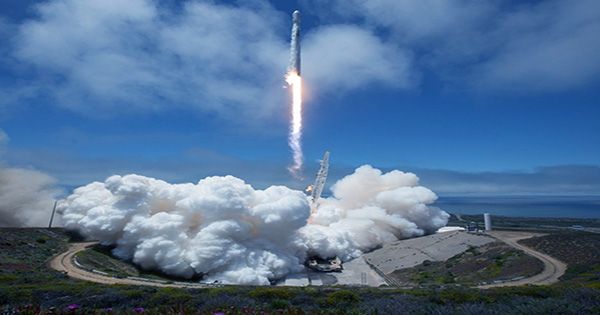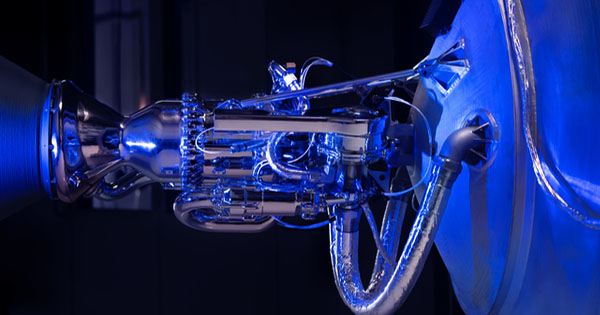3D rocket printing company Relativity Space has postponed the launch date of its lightweight Terran 1 rocket from the winter of 2021 to the beginning of 2022.
The company has announced an updated schedule on Twitter and has confirmed that the launch will take place from Cape Canaveral, Florida. Relativity further states that stage 2 passed its cryogenic pressure and hydromechanical buckling tests. Stage 1 structural testing is followed.
The news of the delay comes just two months after the relativity was announced (also on Twitter) that Terran 1 will be launched this winter. The rocket that will perform the orbital show flight will carry no load, but the company plans a second launch in June 2022.

That rocket will take CubeSats into low-Earth orbit as part of NASA’s Venture Class Launch Services Demonstration 2 (VCLS Demo 2) deal. A company spokesman told TechCrunch that there was “no single reason” behind the launch date. The spokesman added, “Over the past year, relativity … has refined the architecture of the Terran 1, built a new engine, and upgraded its components while the COVID slowed down some of its processes.”
“They have updated the demonstration launch in early 2022 so they can better coordinate with partners.” The launch will mark the world’s first fully 3D-printed rocket. The technology of relativity has garnered considerable interest from investors – so much so that its valuation has reached $ 4.2 billion after $650 million in funding this summer.
In addition to the Terran 1, the company is building a second heavy lift, a fully reusable rocket that it calls the Terran RK. Relativity further states that Phase 2 passed its hydro-pressure and hydro-mechanical buckling tests. Stage 1 structural testing is followed.
The news of the delay comes just two months after the relativity was announced (also on Twitter) that Terran 1 will be launched this winter. The rocket that will operate the orbital show flight will not carry any load, but the company has already scheduled a second launch on June 22. That rocket will take the cubes to low Earth orbit as part of NASA’s Venture Class Launch Services Demonstration 2 (VCLS Demo 2) agreement. A company spokesman told TechCrunch that there was “no single reason” behind the launch date.
















